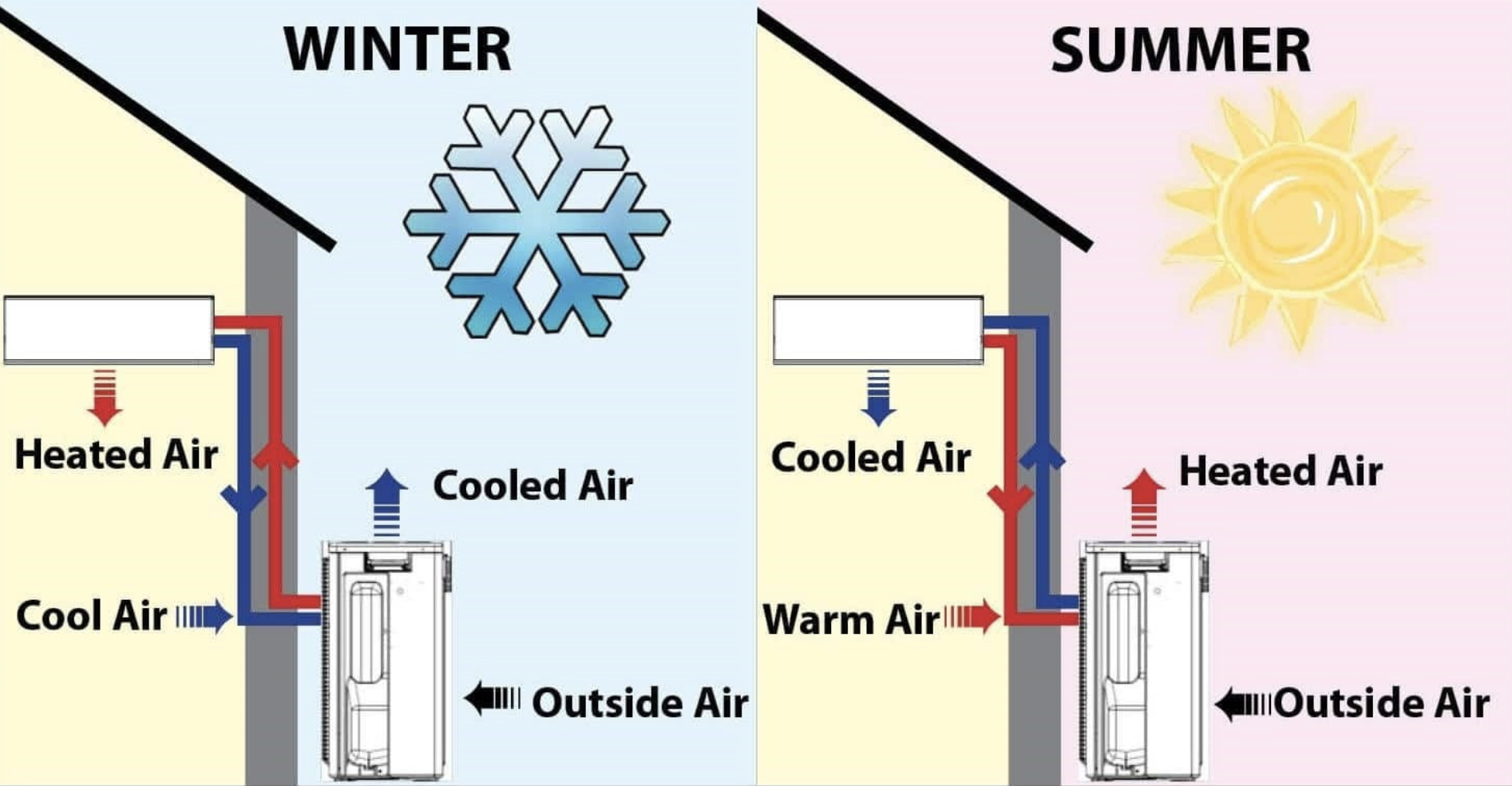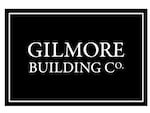Heat Pumps

Heat pumps are a crucial component in the quest for energy-efficient air conditioning systems, especially in net-zero homes. These innovative devices offer a highly efficient and environmentally friendly alternative to traditional heating and cooling methods. By harnessing the principles of thermodynamics, heat pumps are capable of transferring heat from one location to another, providing both heating and cooling functions with minimal energy consumption.
One of the key advantages of heat pumps is their ability to extract heat from the surrounding environment, even in cold conditions. This is accomplished through a refrigeration cycle that utilizes a compressor, condenser, expansion valve, and evaporator. During the heating mode, the heat pump extracts heat from the outdoor air, ground, or water source and transfers it into the indoor space. Conversely, during the cooling mode, the process is reversed, with heat being extracted from the indoor space and released outside.
Net-zero homes, which strive to produce as much energy as they consume, greatly benefit from the efficiency of heat pumps. By utilizing renewable energy sources such as solar panels, wind turbines, or geothermal systems to power heat pumps, these homes can achieve a significant reduction in energy consumption compared to conventional HVAC systems. Additionally, heat pumps have the potential to reduce carbon emissions and contribute to a greener and more sustainable environment.
Another advantage of heat pumps is their versatility. They can be installed in various configurations, including air-to-air, air-to-water, ground-source, or water-source systems. This flexibility allows homeowners to choose the most suitable option based on their specific needs and available resources. For instance, ground-source heat pumps are particularly efficient due to the stable temperature of the ground, while air-source heat pumps are easier to install and require less maintenance.
Furthermore, heat pumps offer energy-saving features such as variable-speed compressors and smart controls. Variable-speed compressors allow the heat pump to adjust its output based on the heating or cooling demands of the space, resulting in optimized energy usage. Smart controls enable homeowners to program and remotely control their heat pumps, maximizing comfort and efficiency.
In net-zero homes, the integration of heat pumps with other energy-efficient technologies can further enhance their performance. For example, incorporating energy recovery ventilation (ERV) systems allows for the exchange of heat and moisture between incoming and outgoing air streams, reducing the load on the heat pump. Additionally, utilizing effective insulation, air sealing, and passive design strategies can minimize heat loss or gain, resulting in improved energy efficiency and the need for smaller heat pump systems.
In conclusion, heat pumps play a crucial role in achieving efficient air conditioning in net-zero homes. Their ability to extract heat from the environment, coupled with their versatility and energy-saving features, makes them an ideal choice for environmentally conscious homeowners. By harnessing renewable energy sources and integrating heat pumps with other energy-efficient technologies, net-zero homes can achieve exceptional comfort, reduced energy consumption, and a significant step towards a sustainable future
